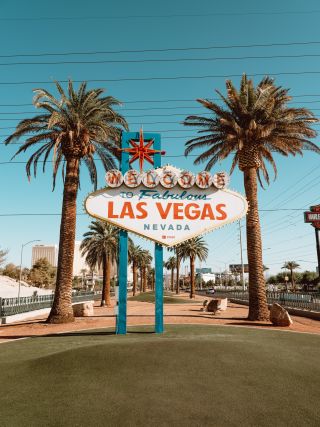Historically, addiction has often been seen as a criminal problem. The addicted person acts wrongly or illegally, and the problem of addiction is one of assigning blame and, where appropriate, punishment. Many of us have come to see this conception of addiction as basically mistaken. Instead, we should see addiction as a fundamentally political problem. Addicted people are systematically exploited and discriminated against, and the problem of addiction is how to ensure equitable treatment—in health care but also society at large—for an often marginalized group of people.
This broad approach to addiction is already being implemented in various ways, though implementation varies greatly from place to place. People with addictions in disadvantaged communities often lack the resources for advocacy that people with addictions who happen to live in better-resourced communities. It also varies, in important ways, from addiction to addiction. Alcohol addiction, for example, is supported by many large non-profit or governmental research institutes—such as the National Institute on Alcohol Abuse and Alcoholism, NIAAA—as well as by long-standing organizations that are entirely led and operated by people with alcohol addictions, notably the far-reaching (though explicitly non-political) work of Alcoholics Anonymous. Other addictions, however, are significantly less organized and more sparsely resourced.

One such case is gambling addiction. There are peer-led organizations for gambling addiction, notably Gamblers Anonymous, though these tend to be significantly smaller organizations. (As a benchmark, on a given weekday there are approximately six or seven Gamblers Anonymous meetings in all of New York City, while there are well over 100 AA meetings per day in Manhattan alone). There are also large non-profit organizations dedicated to the treatment of gambling addiction, with one of the most prominent of these being the National Council of Problem Gambling (NCPG).
The NCPG shows up prominently if one is concerned about problem gambling. It is one of the first results in a Google search for “gambling addiction.” It operates the 1-800-GAMBLER hotline, which many states and other authorities recommend as an initial resource for someone seeking help with a gambling problem. If someone in the United States today is concerned about her drinking, she is likely to make contact, in one way or another, with AA. If someone in the U.S. today is concerned about her gambling, she is likely to make contact, in one way or another, with the NCPG.
There is an important difference, however, between these two organizations. AA is founded and operated by people who identify as alcoholics. NCPG is not. Nor it is an organization founded and operated by the federal government, as is the National Institute on Alcohol Abuse and Alcoholism. Rather, NCPG is a non-profit, which is funded by its donors. Its major donors include, among others, online betting companies such as FanDuel and hotel and casino companies such as Caesars Entertainment.
NCPG is completely open about these sources of funding (although they are not always acknowledged in media reports that cite NCPG as an authority on problem gambling). Furthermore, we should acknowledge that the NCPG does important work on behalf of people with addictions and that many people find help through its hotlines and other resources. Yet many of us find something distinctly uncomfortable in the fact that some of the leading sponsors of this organization operate casinos or online betting platforms. Why is this?
I think a big reason is that the story of addiction, in the contemporary world, is often a story of exploitation. Addiction in some form has been with us for some time, but in the last century or so we have developed exceedingly effective and profitable ways of providing addictive goods, such as tobacco cigarettes, hard alcohol (and “hard” seltzers and other “alcopops”), and increasingly widespread casino and online gambling options. Addiction is, at least in part, a supply-side phenomenon. This may be the grounds for our discomfort when an organization that seeks to “minimize the economic and social costs associated with gambling addiction” is partly funded by corporations that market and operate gambling products.
Where do we go from here? As I have emphasized, the NCPG does a lot of good, but there is still more good to be done. What is called for may be an organization that represents people with gambling addictions, not only as “stakeholders,” but in such a way that the organization is led primarily by people with gambling addictions themselves. AA (founded in 1935) is one model for what such an organization might look like, but it is not the only one. The National Association for the Deaf (founded in 1880) has long advocated forcefully for deaf rights. The NAACP (founded in 1909) has long defended equality of rights for Black Americans. These latter two organizations are civil rights organizations, and it may be that this is what the moment demands. People with gambling addictions, like people with addictions generally, are fellow citizens, often subject to discrimination and exploitation because of their addictions. It may be that the best way to advocate for their rights and interests will be for them to lead that advocacy themselves.